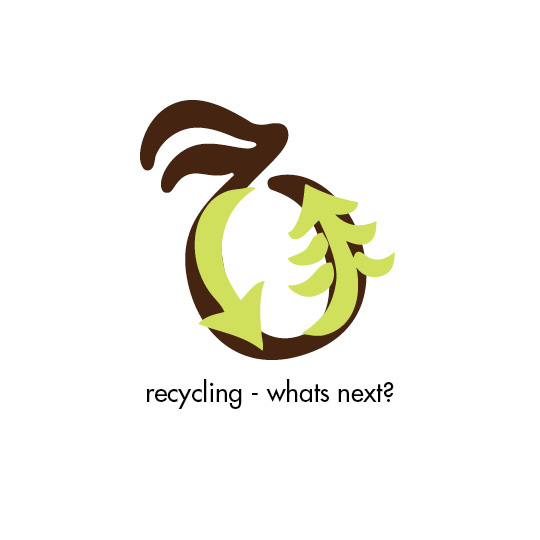

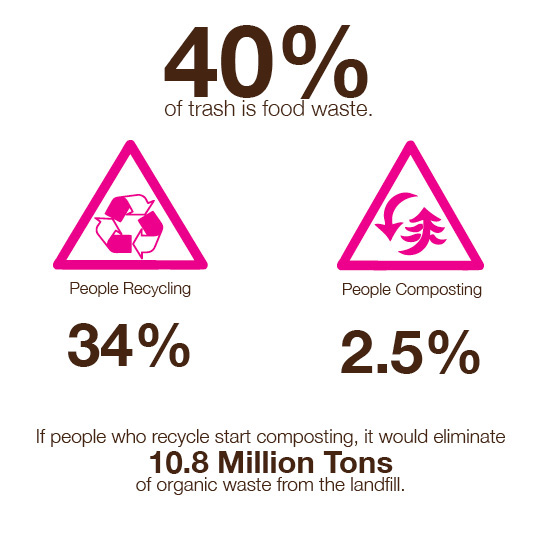
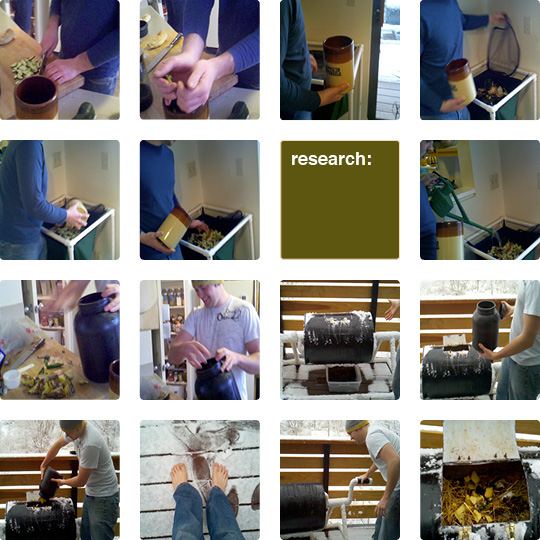
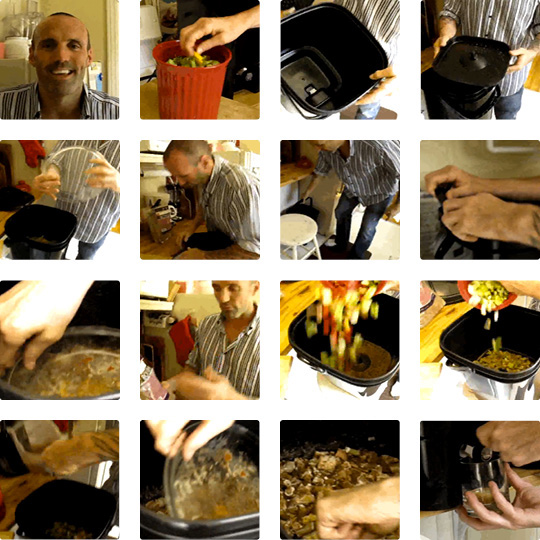
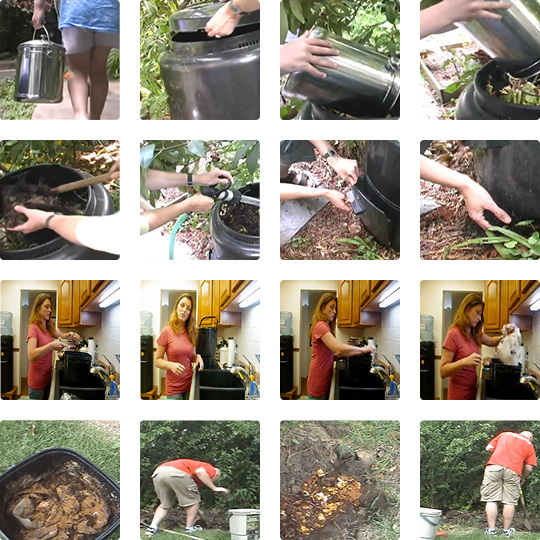
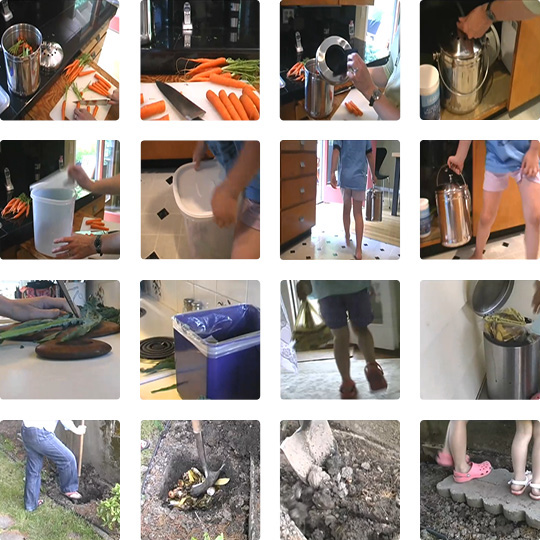

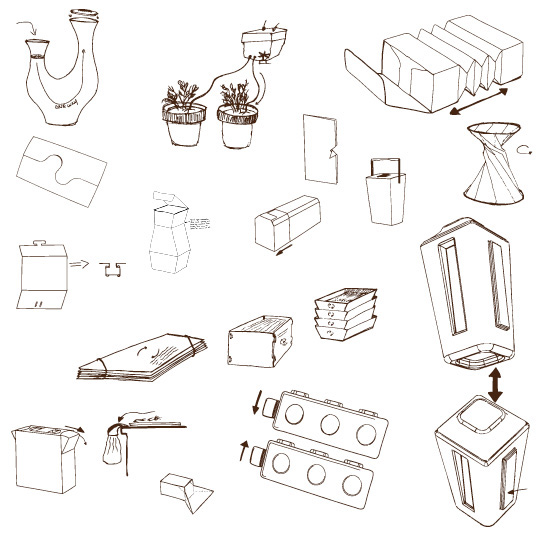
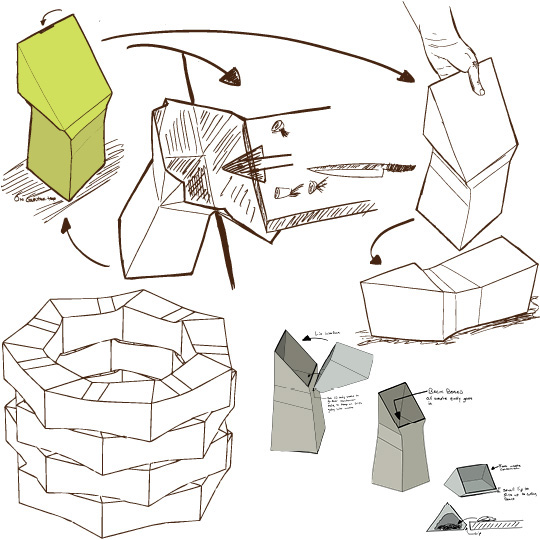





overview
Food waste is the third largest waste stream in the United States (after paper and yard waste). About 97% of the 32 million tons of food waste that is generated is thrown away. There are few options for recycling food waste within the home. This waste is rich with nutrients needed to grow plants and would reduce our dependence on fertilizer. However placing it in landfills it brakes down causing greenhouse gassed. If we don’t reduce waste, the economic and social cost of waste disposal will continue to increase needing to create new landfills and farming with harsh fertilizers.
challenge
How do we clean our landfills? Food-waste accounts for 31% of landfill volume, but is only recycled at 1.5%. This is far below all other waste streams that can be recycled. On average Americans produce 2.34lbs of food-waste per day. This waste stream is easily recycled but there are not many options for people in urban environments to recycle this waste.
solution
The idea of composting has practiced sense the agrarian lifestyle. However as society moves to urban environments the opportunity for people to compost has reduced to almost zero. ReGreen is an green waste take back program organized through Whole Foods. ReGreen lives on your counter top, throughout the week all your food scrap is disposed in the vessel. The container is a compostable material impregnated with and desiccant trapping any smells. ReGreen completes the circle using your food-waste to create compost for organic farmers that provide produce for your local market.


